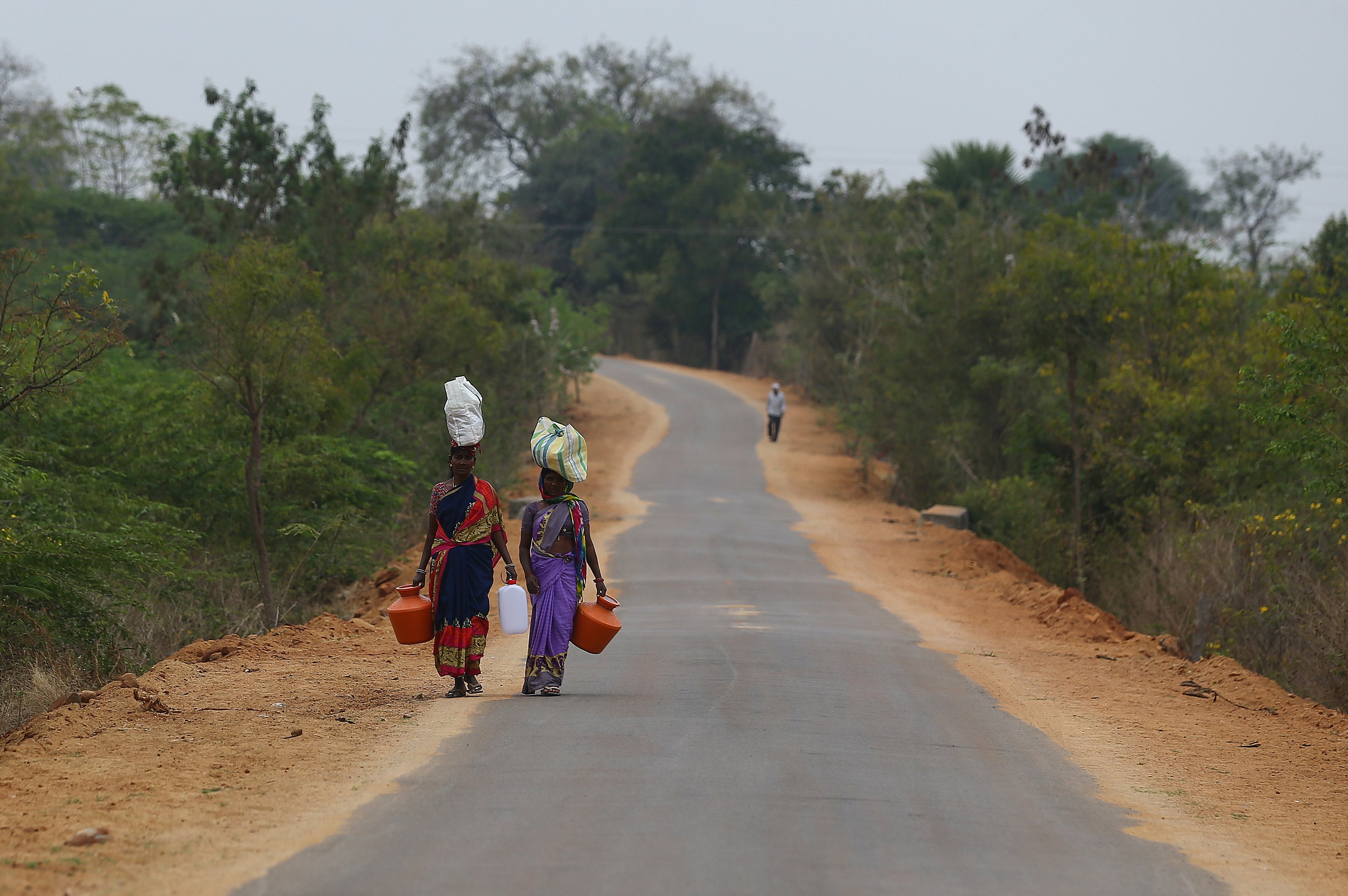Vaccine roll-out gaps a core concern for G-20 countries
The Italian government says that the uneven distribution of vaccines between developed and developing countries is a key concern of Group of 20 nations as leaders consider how to create an even recovery from the pandemic

Your support helps us to tell the story
From reproductive rights to climate change to Big Tech, The Independent is on the ground when the story is developing. Whether it's investigating the financials of Elon Musk's pro-Trump PAC or producing our latest documentary, 'The A Word', which shines a light on the American women fighting for reproductive rights, we know how important it is to parse out the facts from the messaging.
At such a critical moment in US history, we need reporters on the ground. Your donation allows us to keep sending journalists to speak to both sides of the story.
The Independent is trusted by Americans across the entire political spectrum. And unlike many other quality news outlets, we choose not to lock Americans out of our reporting and analysis with paywalls. We believe quality journalism should be available to everyone, paid for by those who can afford it.
Your support makes all the difference.
The uneven distribution of vaccines between wealthier and poorer countries is a key concern of Group of 20 nations as leaders consider how to create even footing for recovery from the pandemic both in economic and health terms, Italy’s economic minister said Friday.
Daniele Franco told a virtual news conference after the meeting of finance ministers and central bank chiefs of the G-20 economies that a core priority for the group is “to grant equitable access” to safe vaccines.
“We will not get back to our normal lives until the virus is eradicated in all countries ” Franco said. He added that the ministers and governors agreed on the necessity of a “bold and global response aimed at curbing the virus diffusion everywhere.”
He said that includes addressing the financing gap in an initiative for equitable distributions of vaccines, diagnostics and treatment for COVID-19. The World Health Organization has put the gap at $22.9 billion.
Franco said the group also addressed the “fragile and uneven” nature of the economic recovery, with a call to strengthen cooperation and coordination among G-20 countries “to put the global economy on a path of stable and sustainable growth.”
“It is essential that we remain vigilant, and learn from previous crises,’’ he said, adding that the participants agreed that “any premature withdrawal of fiscal and monetary support should be avoided.”
Asked about concerns that differences in the vaccine roll-outs even among EU nations and between Europe and the United States might affect the recovery, Franco said the focus was on the clear lag in developing countries, particularly Africa, which will be more difficult to overcome.
The ministers and governors also discussed exploring additional tools to help meet longer-term financing needs in weaker economies, particularly in Africa, that have been more severely hit by the pandemic
Italy last December took over the rotating presidency of the G-20, an international forum bringing together major economies that account for more than 80% of the world’s GDP. Economy and finance ministers will check in on progress on issues in July in Venice, and a global summit is planned for October. Climate change and tax policy are on the agenda for July.